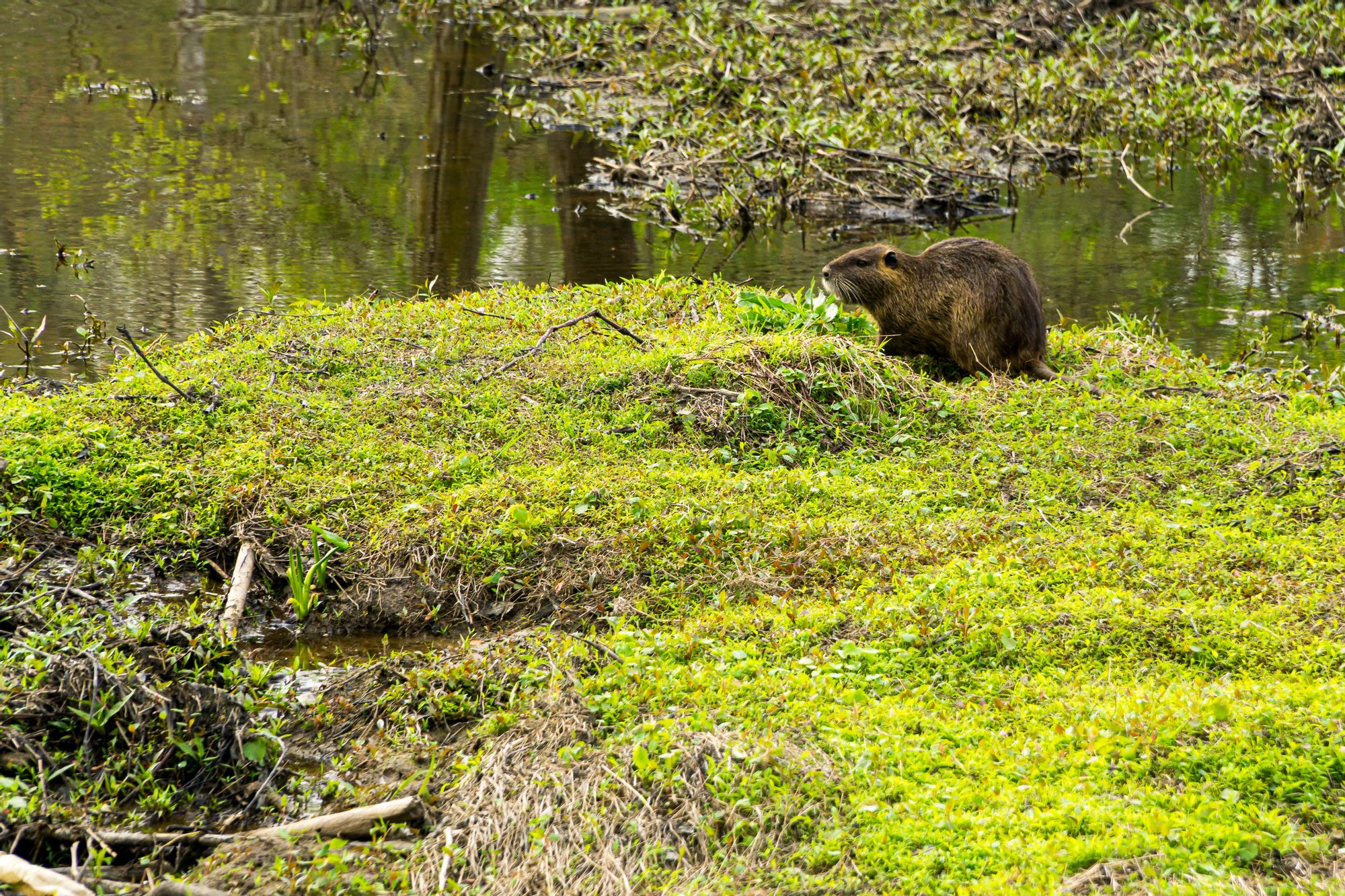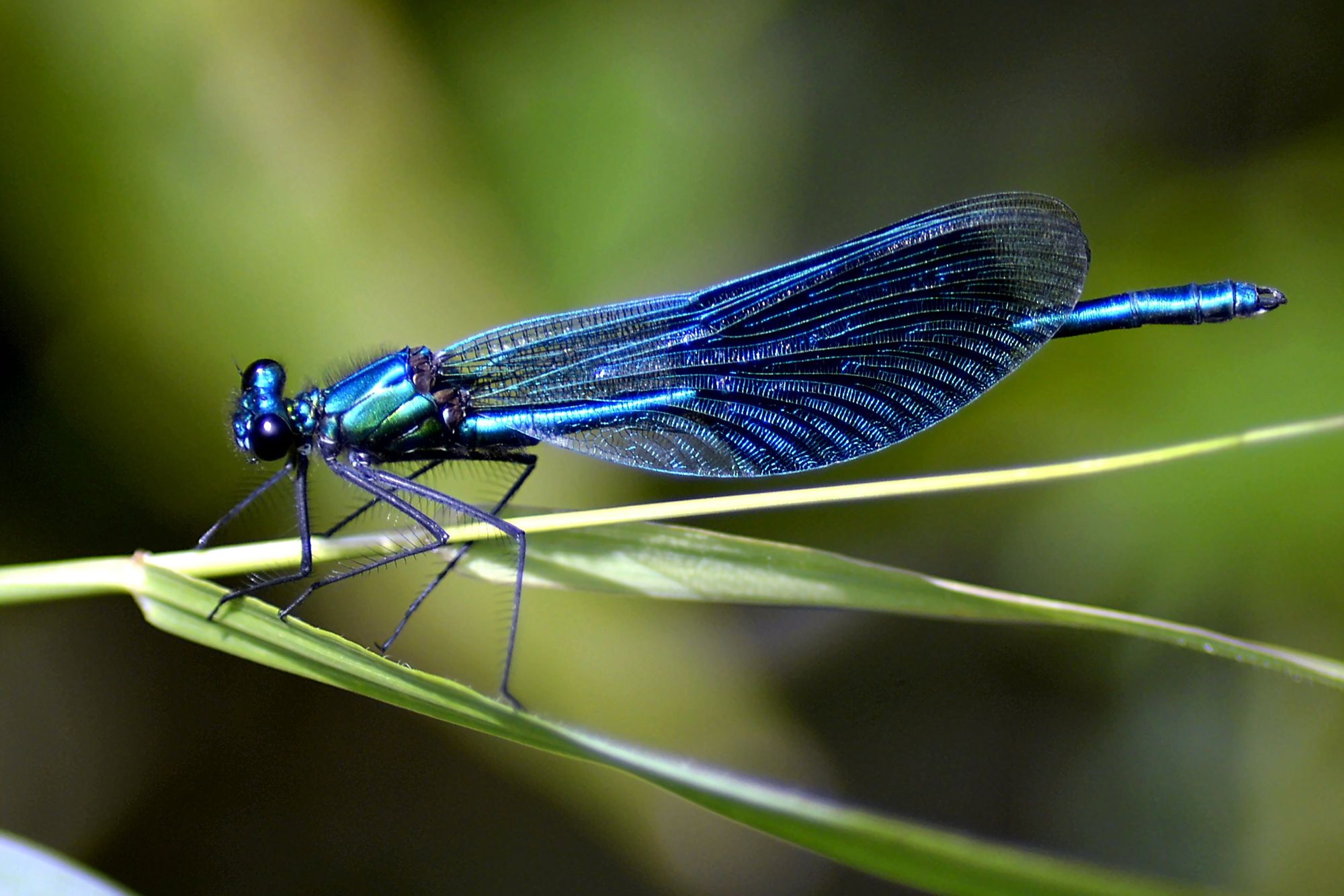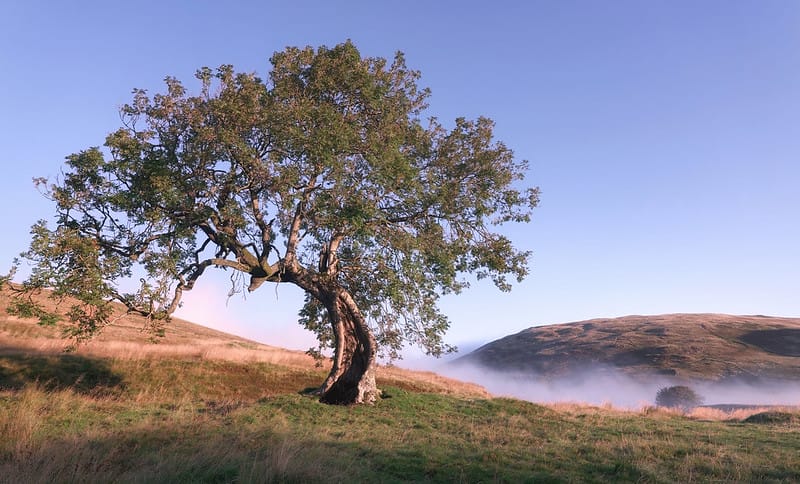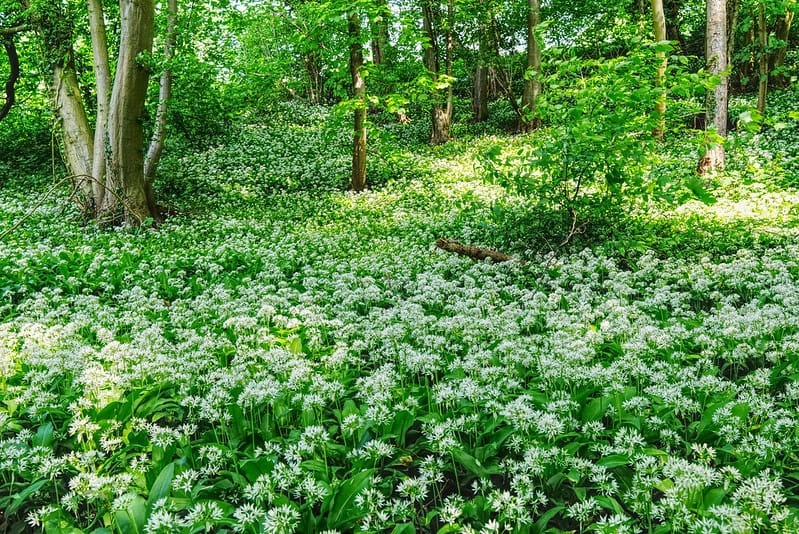
GSCEs, Puffins & Beaver Cull
The latest news on nature + conservation in the UK.
National news
GCSE | A natural history GCSE is now one step closer to becoming a reality – the exam board OCR has launched a consultation on what the qualification should look like, with the course set to be taught in schools by 2022, reports the Telegraph. “It is vital that we give children the tools to understand what is happening so we can act, before it’s too late,” writes Green MP Caroline Lucas in the Independent. Mary Colwell, who led the campaign, has also written a blog about it. But not everyone feels positive about the GCSE. Youth birder Mya-Rose Craig (‘Birdgirl’) is concerned that the exam will only be offered at wealthier schools, placing some children at a further disadvantage.
Nuclear | EDF Energy has submitted an application to build a new nuclear power station, Sizewell C, on the Suffolk coast next to the RSPB Minsmere nature reserve. The RSPB and Suffolk Wildlife Trust are campaigning against the development, which they say will detrimentally impact internationally and nationally important landscapes, habitats, animals and plants. The National Trust has also expressed “deep concern”, reports the East Anglian Daily Times.
Solar | The government has approved the UK’s biggest solar farm, which will stretch across 900 acres of the north Kent coast, report the BBC and the Times. Cleve Hill solar farm has provoked mixed feelings among conservation groups. Friends of the Earth has supported the project on the grounds that the area was already bad for wildlife, but other groups see more value in the site – CPRE Kent said that the North Kent Marshes was “an area of international importance to wildlife”. Greenpeace and the RSPB have also opposed the project. The government’s announcement is here.
In other news:
- Scientists at St Andrews University are studying the carbon stored in Scotland’s coastal wetlands. The Herald
- Young eels have returned to British waters after a year of perfect conditions. The Telegraph
- More than 40 groups have written to Northern Ireland’s first minister, urging the inclusion of environmental commitments in its coronavirus recovery plan. BBC
- Beekeepers are concerned about an invasion of Asian hornets. The Telegraph
Around the country
Tayside | Scottish Natural Heritage has released its report into its beaver cull, revealing that 83 beaver dams were removed and 87 beavers were shot in Tayside. It says that these licences were granted “when there was no other effective solution to prevent serious agricultural damage.” The National Farmers Union in Scotland welcomed the report, says the Ferret, but conservation organisations, including the Beaver Trust and the Scottish Wild Beaver Group, were concerned by the cull. The story was covered by the Scotsman and the BBC.

Farne Islands | The puffins are back in strong numbers on the Farne Islands, according to the National Trust rangers that monitor the birds. Indeed, they may be using the peace and quiet of lockdown to create their burrows in new areas, including sites which are usually popular picnic spots for visitors on the Inner Farnes, reports the Independent. The Northumberland Gazette also has the story.
Sheffield | A new street tree strategy has been agreed by a number of partners in Sheffield, including the city council. This includes increasing street tree canopy cover and creating a more equal distribution of urban forest across the city. Separately, protesters in Sheffield are concerned that a new housing development will harm a popular green space, reports the Star, with one councillor claiming that no permission had been given for any work to take place, as there are nesting birds at the site.
Elsewhere:
- Denbighshire and West Berkshire councils both have plans to increase wildflowers. Council websites
- Fish have been rescued in Shropshire after a river dried up from lack of rain. Environment Agency
- Planting for the Great Northern Forest has begun in Manchester. Manchester Evening News
- A slurry spill in mid-Wales has polluted at least 4km of river. NRW
- Large heath butterflies have returned to greater Manchester. The Guardian
- In Leeds, a trial is taking place to examine how nature can help reduce flood risk. Environment Agency
- Yorkshire villagers fear that a quarry expansion could harm their nature reserve. Yorkshire Post
- An endangered seahorse has recolonised its former stronghold in Dorset. Independent
Reports
Green recovery | The Environmental Justice Commission, a group composed of politicians, activists and academics, has released its interim report on how the UK can achieve a green recovery from coronavirus. The report lists ten ambitions, which mainly focus on tackling climate change, but also includes repairing nature and biodiversity, which “will require a reshaping of land use and agriculture and the restoration of our oceans”. The final report will be published early next year. The Guardian covered the launch. Greenpeace has also released a green recovery plan.
Insects | Buglife has released a report on how to solve the devastating decline in insect populations. There are three central elements to its strategy: make room for insects to thrive, create safe spaces for insects by eliminating pollutants and invasive species, nurture a friendlier relationship with insects by improving understanding and awareness.

Green space | Fields In Trust has released its latest Green Space Index, a barometer of publicly accessible park and green space provision. It finds that 2.7 million people across Great Britain do not have access to green space within a ten-minute walk of where they live, and that this could increase by 170,000 people in the next five years due to population change.
More reports:
- Greener UK has a helpful briefing on the progress of the Agriculture Bill.
- Northern Ireland has released its environmental statistics report for 2020.
- 2019 was “a relatively good year” for barn owls, according to the latest Barn Owl Trust report.
Science
Ponds | Creating clean-water ponds in the farmed countryside can dramatically increase levels of freshwater biodiversity and almost treble the number of rare plant species, according to research led by the Freshwater Habitats Trust and published in Biological Conservation. The nine-year study was carried out in Leicestershire. The findings were covered by the BBC and the Telegraph.
Grazing | The Journal of Applied Ecology has published a fascinating study on the impacts of livestock grazing on upland bird species that could have significant implications for rewilding in the UK. The study “provides the first experimental evidence, to our knowledge, that stopping livestock grazing can increase the number of breeding upland bird species in the long term, including birds of high conservation importance, such as black grouse and cuckoo,” writes the author, Lisa Malm, in a piece for The Conversation.
Climate | Research published in Global Change Biology says that UK vegetation could undergo abrupt changes as the climate shifts. In some places, vegetation could increase due to warmer, wetter conditions, while elsewhere vegetation could rapidly decrease due to soil drying out. "We didn't expect to see hundreds of localised abrupt shifts in the projections,” said Tim Lenton, one of the authors of the study. "Up to now, climate-driven abrupt shifts in vegetation have been rare in Great Britain.
Happy days
Ancient woodland | This isn’t a happy read, exactly. But this essay by Julian Hoffman is a profound look at the connection between humans and ancient woodland and a rallying cry to keep these spots of history alive. It contains some nice photos of trees.
Image credits: Scott Younkin, Pixabay
Subscribe to our newsletter
Members receive our premium weekly digest of nature news from across Britain.
Comments
Sign in or become a Inkcap Journal member to join the conversation.
Just enter your email below to get a log in link.








